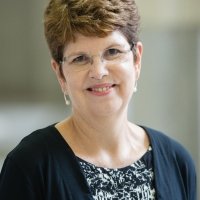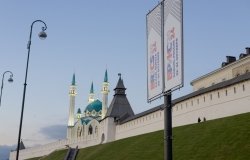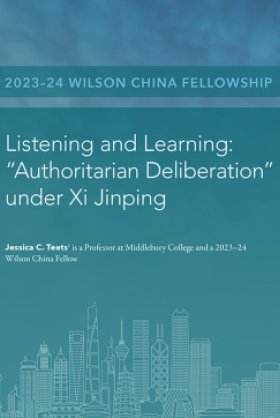Collapse of German Coalition Sparks Leadership Struggle and Calls for Early Vote
Germany's government, led by Chancellor Olaf Scholz, has collapsed following the dismissal of Finance Minister Christian Lindner over economic policy disputes. Scholz now plans to lead with a minority government of his Social Democrats and the Greens, maintaining leadership until a confidence vote on January 15. If Scholz loses that vote, an early election could happen as soon as March 2025. Robin Quinville, Director of the Wilson Center's Global Europe Program, provides insight on the current political uncertainty in Germany. She discusses how the impact the collapse will have on Chancellor Scholz, what is likely to happen when the confidence vote is taken in January, and how political turmoil will affect Germany’s role in the EU.
Transcript
Collapse of German Coalition Sparks Leadership Struggle and Calls for Early Vote
This transcript has been lightly edited for clarity.
Olaf Schultz, I am confident did not want to take this step, but he was pushed to it by the clear differences in approach between him and the finance minister. He wanted more time.
Usually elections would have been held in September of 2025. Now he has fewer months in order to put forward additional initiatives that would be popular with the electorate. He also needs additional time working with business because Germany is suffering from a lack of economic growth, and he wanted to improve his record there.
So this is unexpected. The unexpected is never a great thing of politics. In January, I expect that the government will lose their vote of confidence and that they will go to early elections. And that might even happen center in those elections. It's an uphill battle for Olaf Schultz and his party, because they are polling currently at about 16%, and they don't have a great track record from the elections in eastern Germany earlier this year. The Greens are also going to have an uphill battle. They are the coalition partner of the of Olaf Schultz . They're pulling at about 11%. The conservatives, the opposition, they're pulling in the 34 percentile range. So they see this as their moment. And the challenge will be for the party of the finance minister to make it over the hurdle to get at least 5% so that they're represented in Parliament.
Germany is a key player in the European Union. And for a long time people looked at Germany and France working together as the motor that really power the EU. But political differences have made that tough for some time now, and that has led to a configuration where Poland, working with the two of them, the Weimar so-called Weimar Triangle, has been more important. But whenever you have a strong player that is then consumed by domestic politics, it is leads to a weakening of that voice within the European Union. And that is what will happen as this plays out.
Now this happens to be the start of a new European Commission. They are holding hearings on the new commissioners this year. You remember that there were, there were parliamentary votes in June for the European Union parliament, and this new commission is the result of that. So in some ways, the fact of the EU putting its new commission together gives a little bit of time in which it'll be worth seeing which issues are going to be most critical for the EU and how the German government can play into those.
Guest

Hosted By

Global Europe Program
The Global Europe Program is focused on Europe’s capabilities, and how it engages on critical global issues. We investigate European approaches to critical global issues. We examine Europe’s relations with Russia and Eurasia, China and the Indo-Pacific, the Middle East and Africa. Our initiatives include “Ukraine in Europe” – an examination of what it will take to make Ukraine’s European future a reality. But we also examine the role of NATO, the European Union and the OSCE, Europe’s energy security, transatlantic trade disputes, and challenges to democracy. The Global Europe Program’s staff, scholars-in-residence, and Global Fellows participate in seminars, policy study groups, and international conferences to provide analytical recommendations to policy makers and the media. Read more













